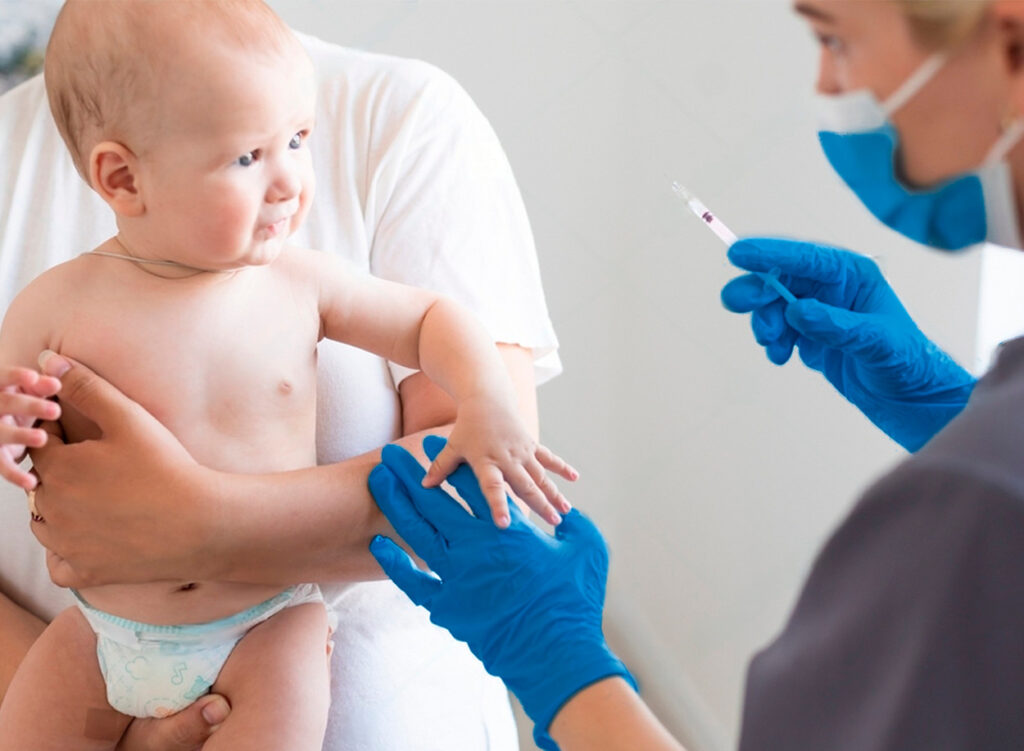Whooping cough, also known as pertussis or convulsive cough, is a highly contagious bacterial infection caused by Bordetella pertussis.
This disease primarily affects the respiratory tract and is characterized by violent, prolonged coughing episodes that typically end with a sharp inhalation. While it can occur at any age, infants and young children are the most vulnerable to serious complications.
Whooping cough varies by age. In infants and small children, it carries a high risk of complications such as pneumonia, seizures, encephalopathy, or in extreme cases, death.
Children under six months may not even develop a cough but instead experience apnea episodes — breathing pauses — which are also very dangerous.
In older children and teenagers, the disease may initially resemble the common cold, but the cough becomes more intense and persistent, often lasting for weeks or even months.
In adults, whooping cough may present with only mild symptoms, making it harder to diagnose and often confused with chronic bronchitis or another cause of chronic cough.
Whooping Cough Symptoms
Broadly, whooping cough develops in three stages:
- Catarrhal phase: Lasts 1 to 2 weeks and includes symptoms similar to the common cold, such as runny nose, low-grade fever, and mild cough. During this phase, whooping cough is highly contagious.
- Paroxysmal phase: Marked by intense and extended coughing fits. During these episodes, the person may turn red, vomit, or make a high-pitched “whoop” sound when inhaling. This phase can last 2 to 6 weeks, sometimes longer.
- Convalescent phase: The frequency and intensity of the cough gradually decrease, but may take weeks or even months to resolve completely.
Whooping Cough Treatment
Early treatment is crucial in reducing the severity of the illness and preventing its further spread.
Once whooping cough is diagnosed, doctors will prescribe specialized antibiotics to eliminate the bacteria. These are most effective during the catarrhal phase. In the paroxysmal phase, antibiotics help reduce infectiousness, though they do not alleviate the cough.
In severe cases, especially with infants, hospitalization may be necessary to monitor breathing, administer oxygen, or provide other supportive care.
It is also important to stay well hydrated and avoid respiratory irritants like cigarette smoke.
Whooping Cough Vaccine
The best way to prevent whooping cough is through vaccination, with several available options that protect against Bordetella pertussis:
- DTaP (Diphtheria, Tetanus, and Acellular Pertussis): Given during childhood in a series of doses and boosters.
- Tdap (Tetanus, Diphtheria, and Acellular Pertussis): A booster vaccine for adolescents and adults, strongly recommended for pregnant women and anyone in frequent contact with infants.
Vaccination during pregnancy is especially important, as it provides antibodies to the baby, protecting them in the first months of life before they can receive their own vaccines.
Today, whooping cough remains a relevant global health issue. Vaccination is the most effective strategy for reducing incidence and preventing potentially severe complications.
At the ABC Medical Center’s Vaccination Center, we can provide you with specialized care. Or, if your child has symptoms or has been exposed, visit our Pediatrics Center.
Contact us! Contact us!
Fuentes:
MedlinePlus, Secretaría de Salud, Healthy Children



